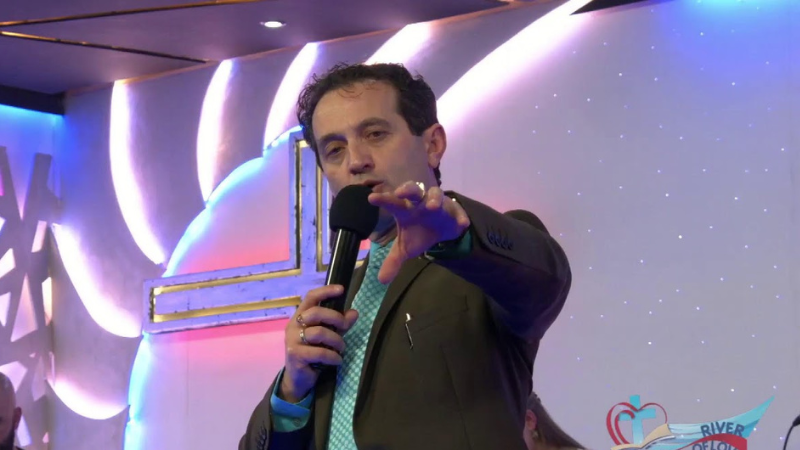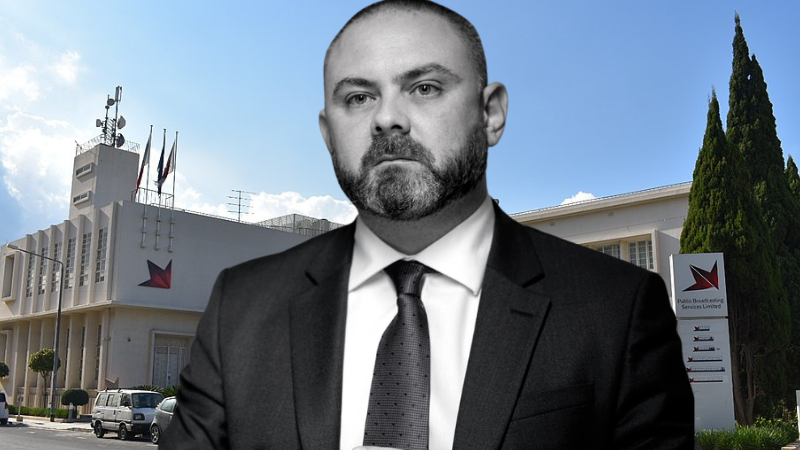‘Art for art’s sake’ is an expression of the school of thought that real art is independent of any social values and function. Pure art is neither educational, moral nor political.
Blundering ministers Byron (Camilleri) and Owen (Bonnici) have given details of a new bill entitled ‘The Artistic Expression Enhancement Act’. It is a reaction to Pastor Manche’s series of police reports concerning comedians and artists.
Byron and Owen aim to amend the Criminal Code in such a way as to insulate artistic, satirical and comic expression from the dangers of accusations of slander. As long as said art, satire or comedy does not include ‘any credible or realistic threat to personal liberty or security’ then it is protected by what is being defined as ‘freedom of artistic expression’.
Once again, we have segued cleanly from tragic situations to farcical ones. Since taking its place in government in 2013, Taghna Lkoll Labour has developed quite the track record for legislative hyperbole.
An avid obsession with tinkering with the laws is a natural consequence of the parliamentary majority turned circus, although, as Tolstoy succinctly put it, “writing laws is easy, but governing is difficult”.
The issue here is that the problem never lay with the law but rather with those entrusted with its interpretation and implementation.
The amendments simply shift the point of judgment (or assessment if you like) to whether or not the alleged slanderer is an artist/comedian/satirist. What next? Will Byron and Owen issue licenses for those occupations in order that they may be clearly identifiable to the police?
If we could not trust the police to distinguish a frivolous complaint from a serious one how then could we trust them to be able to tell a comedian from a cheeky commentator?
I’m only joking. Or maybe I am not. Who is to tell? What, if any, is the measure of a comedian/satirist? What is art? Will Byron and Owen provide us with the correct definition?
At the end of the day, our hope might mighty have been the courts. They could have easily told Byron and Owen that a ‘threat to carpet bomb Bugibba’ is metaphorical at the very worst, borderline funny at best.
In any case, you do not need to understand the art of comedy and satire to be able to tell that there is little criminal slander on such occasions. There is no need to further cushion and define by law because that defeats the purpose.
Over-legislation is never a good thing.
Some might be relieved that Byron and Owen, two ministers of a government whose ideas of culture and the arts have proven to be defined and qualified solely in monetary terms, have taken a moment to examine the plight of those persecuted by zealous pastors of the literal-minded persuasion.
The fact of the matter is that there was no real need for such an intervention.
Let artists be artists and pastors be pastors. For the rest, it’s the law, stupid.













Ippermettili nżid bicca.
Filwaqt li ma naqbel xejn mat-taghlim (?) tal-pastor u kontra kull terapija (?) tal-generu… hu evidenti li l-gvern qed idahhal ligijiet purament biex jaqdi lil persuni partikolari jew sahansitra biex jattakka u jkisser lil persuni partikolari ohrajn. U mbaghad ikun ovvju li l-persuni partikolari se jirritaljaw u juzaw il-ligi fid-dettall kollu taghha li ghamel il-gvern stess biex jattakkaw.
Li l-Ministri tal-gvern jidhlu go nofs kontroversja privata u jaghmlu ligi biex ipaxxu lil naha flok ohra hi haga li taqbeż kull limitu.
…’art’ by prescription…?!
What constitutes an influencer? Is it an artist who influences the public by its artwork? Is it a priest who tries to influence the public by his preaching?
Where is the border that separates influence from incitement?
It is apparent that the PL doesn’t like to face itself in the mirror and it is also apparent that some people are easily misled. In eigther way, if one isn’t selective on all the things that are out there and on the internet to ‘influence’ one, the success for charlatans, whether political or religious is working. Same with fanatics who get agitated by the work of artists and satirical journalism, like in the case of Charlie Hebdo.